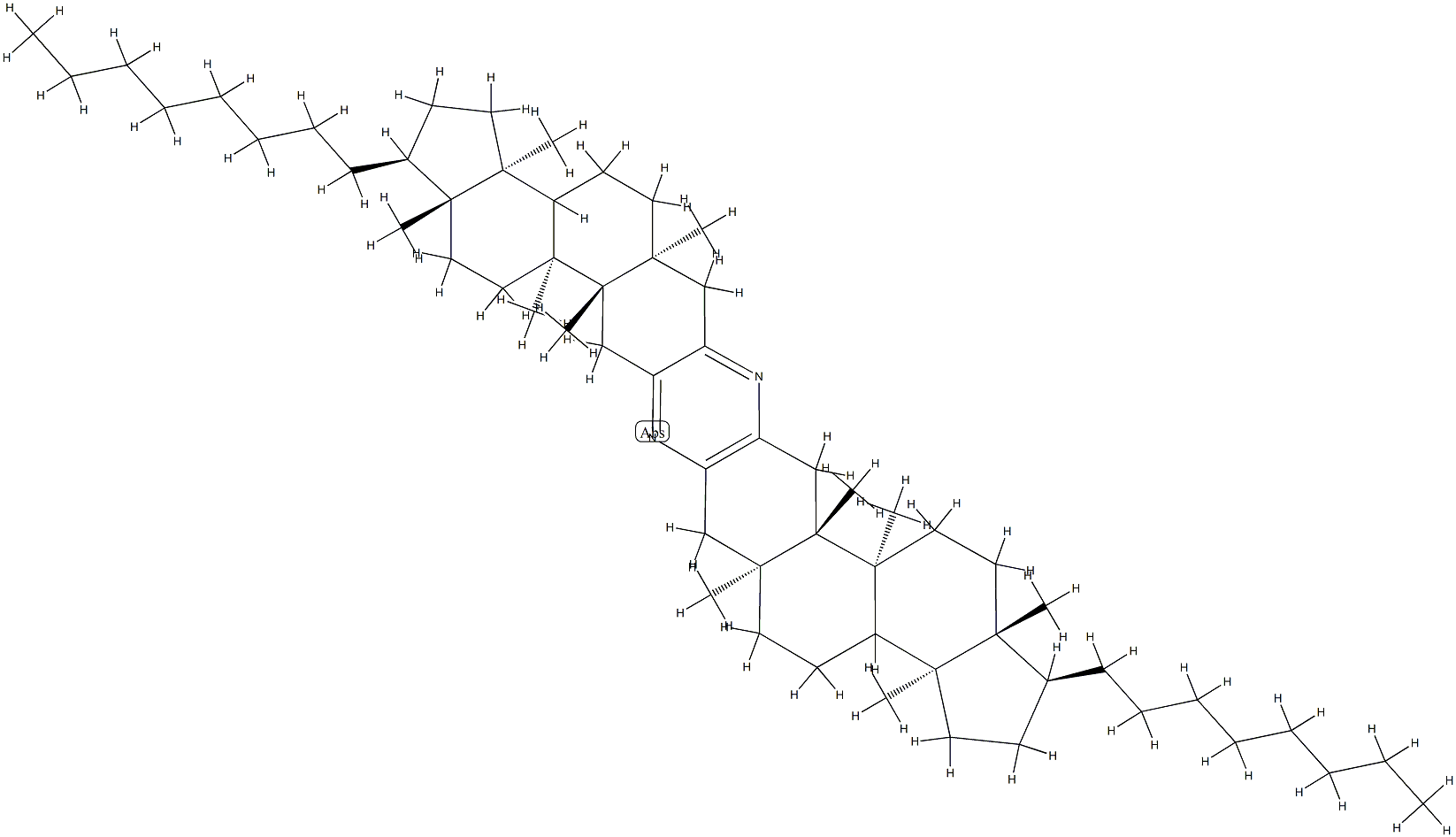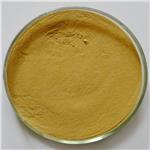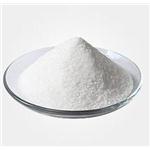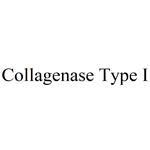Collagenases are a category of enzymes that can digest native collagen, the major fibrous component of animal extracellular connective tissue. Collagenases can be produced by some bacterias such as Clostridium and can also be made by the animal body as part of its normal immune response. They normally target the connective tissue in muscle cells and other body organs. They can break peptide bonds within collagen and help create collagen by cleaving pro-collagen, collagen's precursor, once it is secreted by the cell. Bacterial collagenases exhibit broader substrate specificity than animal collagenases and unlike animal collagenases that split collagen in its native triple-helical conformation, bacterial collagenase can degrade both water-insoluble native collagens and water-soluble denatured ones. In addition, bacterial collagenase can attack almost all collagen types, and is able to make multiple cleavages within triple helical regions. Collagenases have a molecular weight ranging from 68 kilodaltons (kDa) to 130 Kda due to differing sizes based on the class to which the isolate belongs. The optimal pH for stability ranges from approximately 6.3 to 7.5 with a theoretical isoelectric point of 5.62. Numerous compounds and molecules have the capability of acting as collagenases activator or inhibitor. For example, Ca2+ and Zn2+ ions are two known activators. On the other hand, ethylenediaminetetraacetic acid (EDTA), ethylene glycol tetraacetic acid (EGTA), cysteine, histidine, dithiothreitol (DTT), 2-mercaptoethanol, o-phenanthroline, Hg2+, Pb2+, Cd2+, Cu2+, and Zn2+ are all known inhibitors of collagenase activity.







